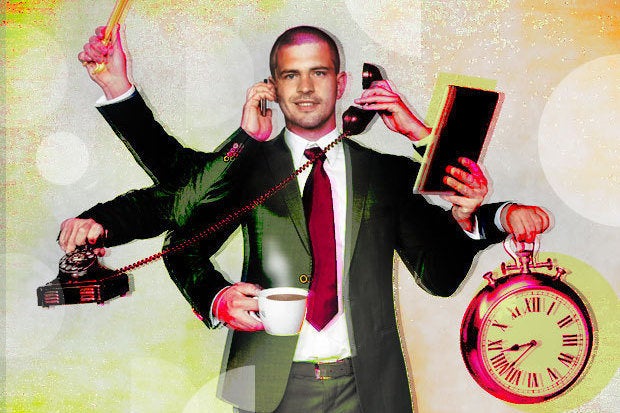France recently implemented a law giving workers "a right to disconnect" from email, messaging and calls after work. It may ultimately be ignored by many workers in France and scoffed at in the U.S., but it addresses a problem many employees deal with.
Emails arriving at night, on weekends and during vacation can create stress and interrupt family life. An "always on" culture can hurt productivity in the long run because employees don't get time to rest and recharge, say researchers. Some companies see the problem.
[To comment on this story, visit Computerworld's Facebook page.]
Daimler AG, the German automotive giant, has an optional email feature called "Mail on Holiday." It automatically deletes incoming emails during time off. An auto reply offers alternative contacts or suggests resending messages once the employee returns. It's available to 100,000 workers in Germany.
"This prevents congestion in the electronic in-boxes, relieves the pressure of having to read emails during vacations, and the email in-box is empty when the employee returns to work," says Daimler in its employee guide.
The French law took effect Jan. 1 and requires firms with more than 50 employees to negotiate a "disconnection" rule governing after-hour and vacation communications.
The disconnection law was included in a package of comprehensive labor reforms that make it easier to reduce pay and cut workers. Thousands took to the streets in France this past summer to protest it.
"Because this law was very difficult to accept in France, a lot of goodies have been added in it," said France-based OpenVMS consultant Gerard Calliet. Those goodies include the disconnect law.
For Calliet, disconnecting is not an option as far as his client work is concerned.
France changed its labor laws to help lower its 10% unemployment rate. But James W. Gabberty, associate dean and professor of information systems at Pace University in New York, says the email rule will only erode productivity.
"Not confined to a 9-to-5 work regimen, inspiration -- the mother's milk driving innovation that underpins R&D -- depends on spontaneously capturing creative thinking," said Gabberty. That may involve capturing "these fleeting moments of genius" in an email "even when they occur after dinner or in the middle of the night."
But it's the downside of after-hour communication driving the French disconnect law.
Managers may think they are getting a short-term bump in productivity with a weekend email discussion, "but the long-term cost of that ends up hurting everyone," said William Becker, associate professor of management at Virginia Tech.
Becker was one of three researchers who collected data from nearly 300 working adults who published their findings this past summer. "What we found is people won't be able to disconnect from work and recuperate" if they are spending their off-time on work, Becker said.
Employees get exhausted and disengaged from work, which may lead to family problems and an unhappy employee, he said.
But disconnecting is hard, especially for people who work in IT.
"Personally, I think it's a great policy that gives people their lives back," said Alan MacDougall, director of educational technology at the University of New Haven, of the French law. But MacDougall can't imagine that law working for him.
"I went 12 hours without checking my email once over the winter break and of course, the amount of email that piled up was a disincentive to repeat the behavior again," said MacDougall.
He doesn't see America's always-on work culture changing, particularly "when the person leading the country can never turn off," said MacDougall, referring to President-elect Donald Trump's tweeting at all hours.
Maura Thomas, a productivity consultant who has written about the negative impact of constant communications for the Harvard Business Review, believes many managers don't consider the impact they are having on employees with communications sent at all hours.
For workers who are checking emails at night and weekends, Thomas said, many "have resigned themselves to the belief that this is what the job requires."






